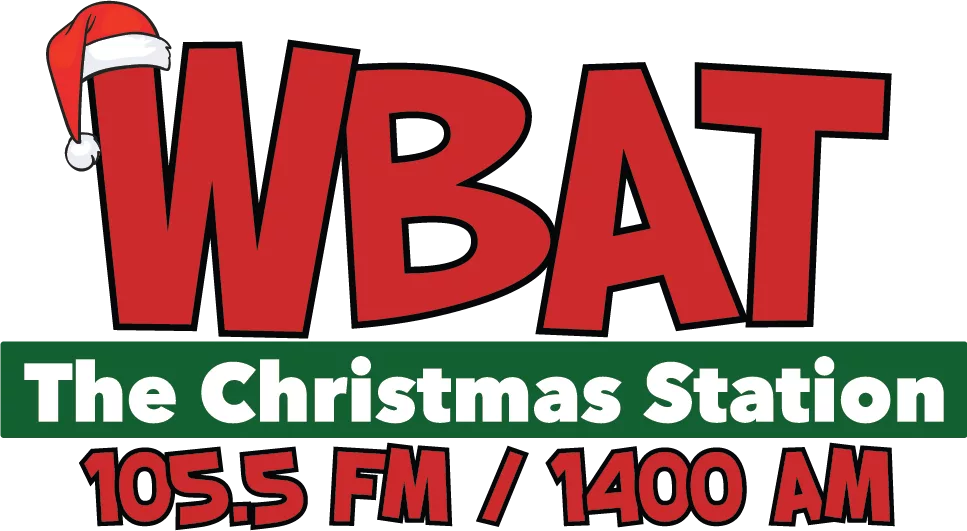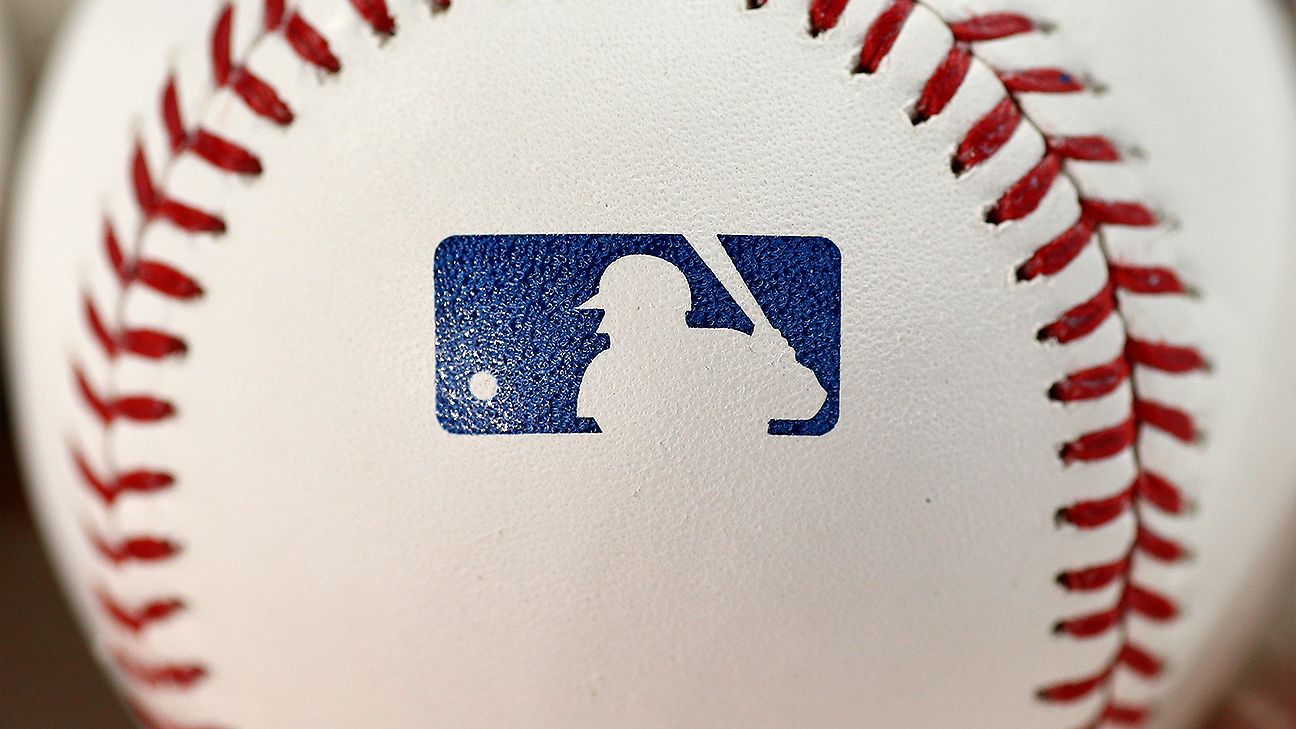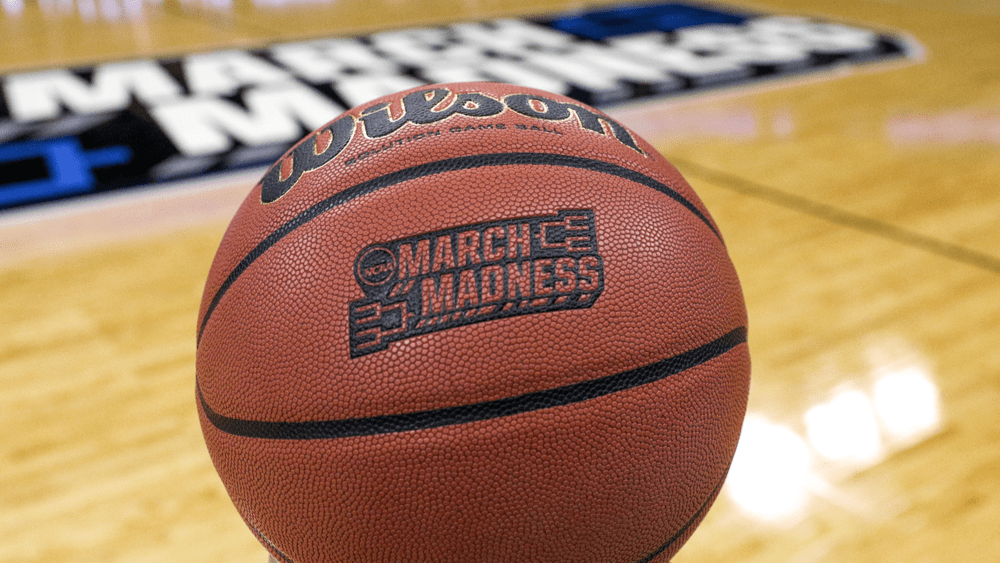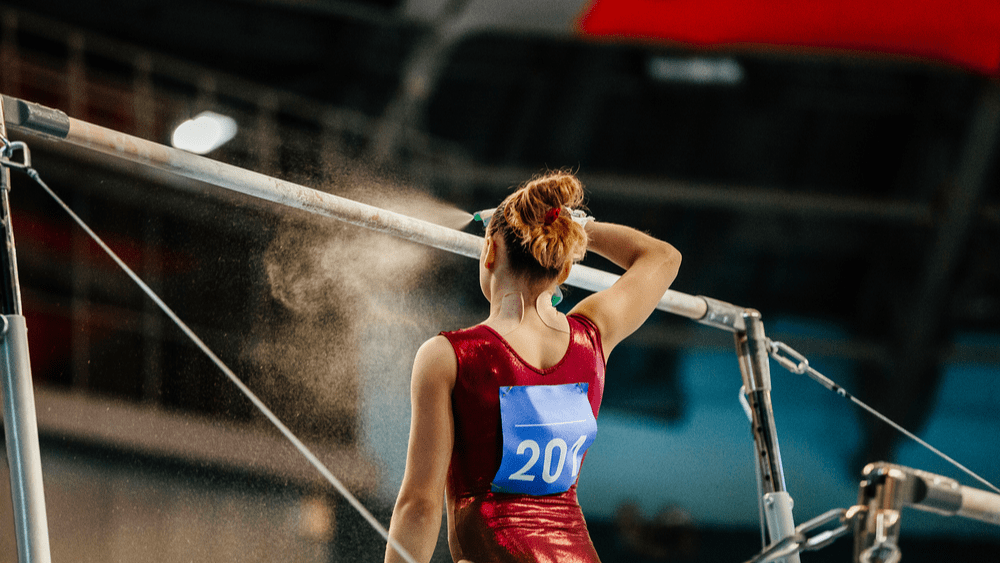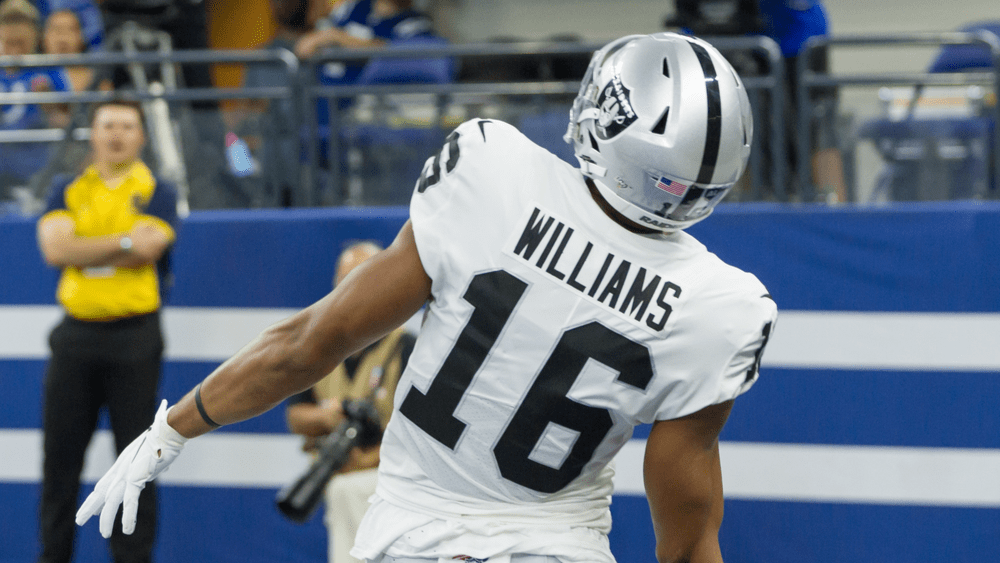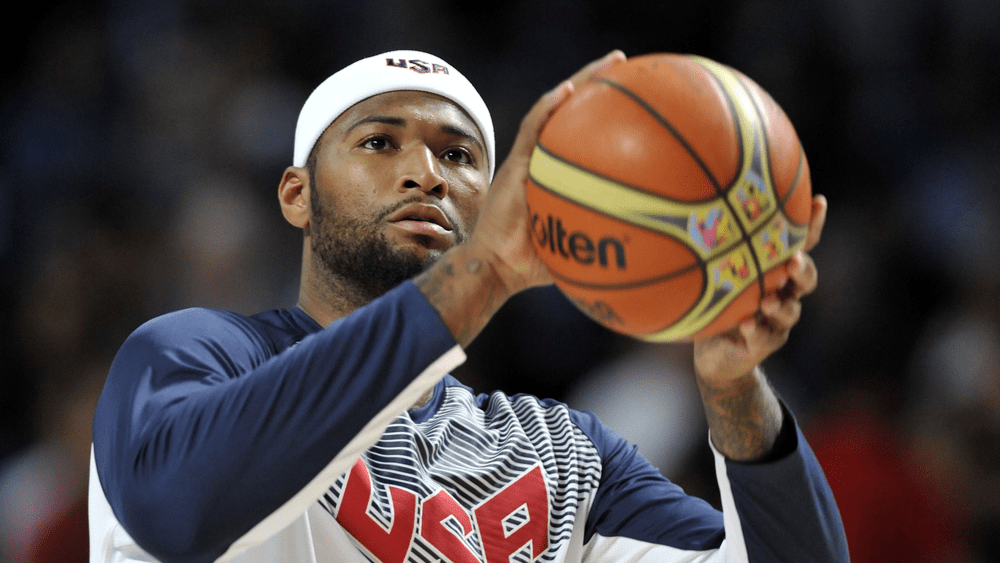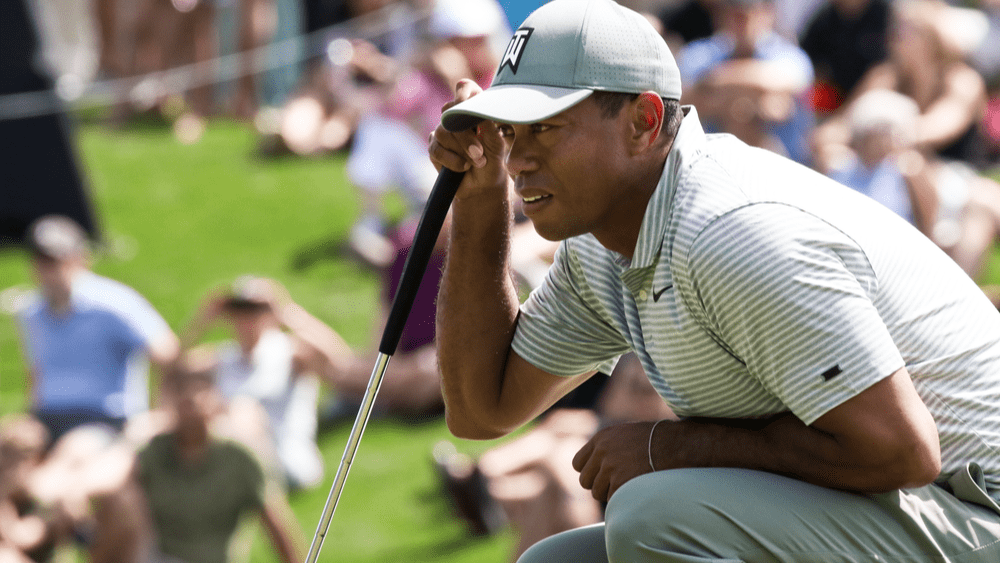Major League Baseball has slightly deadened its baseballs coming after a years-long surge in home runs. MLB anticipates the changes will be subtle; in a memo to teams last week. the league cited an independent lab that found the new balls will fly 1 to 2 feet shorter on balls hit over 375 feet. Five more teams also plan to add humidors to their stadiums, raising to 10 of MLB’s 30 stadiums expected to be equipped with humidity-controlled storage spaces.
The makeup of official Rawlings baseballs used in MLB games has come under scrutiny in recent years. A record 6,776 homers were hit during the 2019 regular season, and the rate of home runs fell only slightly during the pandemic-shortened 2020 season. A four-person committee of scientists commissioned by MLB concluded after the 2019 season that baseballs had less drag on average than in previous seasons, contributing to the power surge. Their report blamed the spike in part on inconsistencies in seam height.
The league mandates all baseballs have a coefficient of restitution (COR) ranging from .530 to .570, but in recent years the average COR had trended upward within the specification range. In an effort to better center the ball, Rawlings has loosened the tension on the first of three wool windings within the ball. Its research estimates the adjustment will bring the COR down 0.01 to 0.02 and will also lessen the ball’s weight by 2.8 grams without changing its size.
Editorial credit: HE Photography / Shutterstock.com

